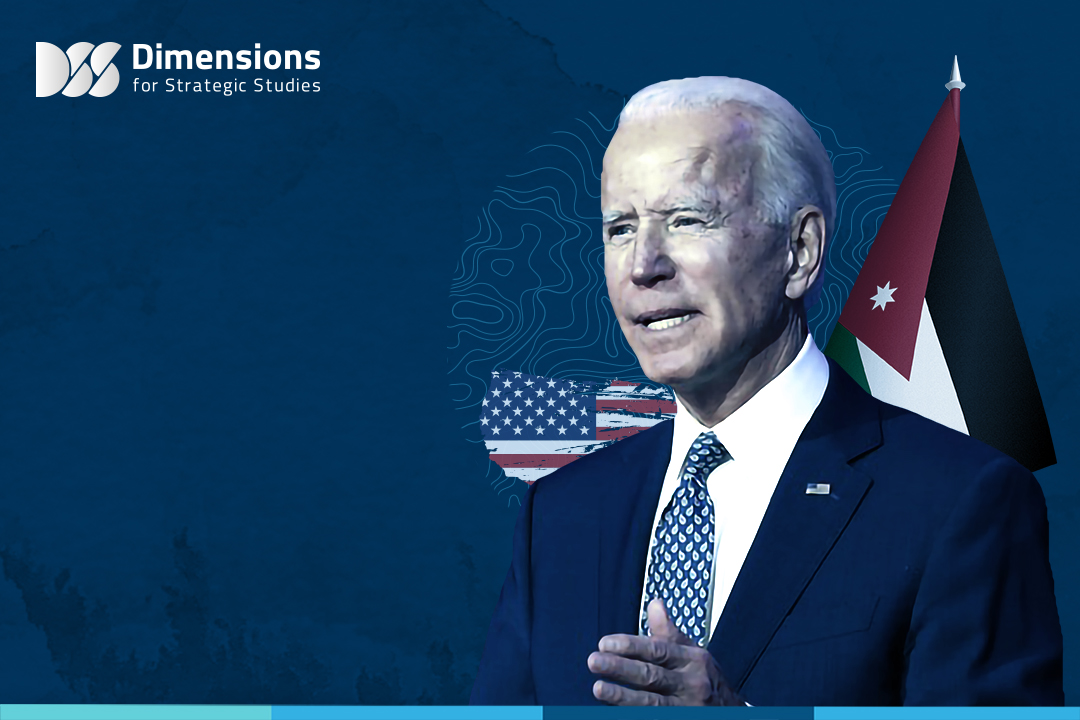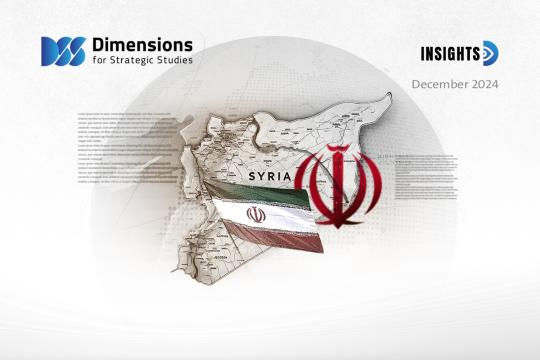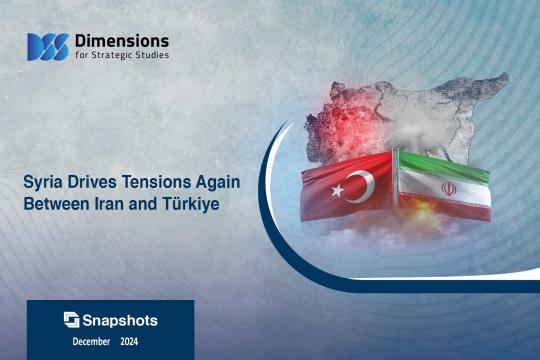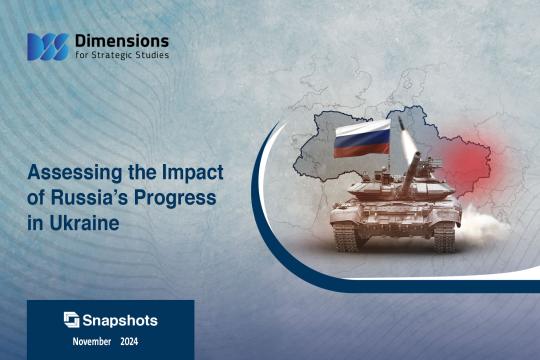
Joe Biden, according to the Jordanian scenario: Powder keg or bomb ready to be diffused
2021-01-221781 view
US President Joe Biden enters the White House at a time when the United States of America is witnessing the largest state of division since the American Civil War. The American inner house has not been in a state of intense conflict since Abraham Lincoln's decision to free the slaves, which led to the secession of seven southern states and their entry into the Civil War.
The difference between the two eras; however, is that the United States of America at the time of Abraham Lincoln was not the super power that rules the world and wants to preserve its exceptional and vital role for the continuation of the world order with its unipolarity since the collapse of the Soviet Union and the announcement of the birth of a new world order. This means that Joe Biden must deal with intense and controversial internal issues; and at the same time, he has to tackle huge troublesome external files that need clear and quick decisions, which require from him a clear sorting out of US relations with countries, regions and topics.
As such, the importance of the Middle East region for the United States has been clearly declining since the early days of the first Barack Obama’s administration, in which Biden himself was a vice president. However, is this perspective sufficient to understand the shape of the relationship between Biden and Jordan? Are there; however, other aspects that might shed light on the expected relationship between Jordan and the United States in the coming period?
Jordan was able to build a special relationship with the United States of America. Despite turbulences, relations went very well between the two countries; especially when they were able to overcome several political pitfalls over time. Jordan was the first Arab country to expel an American ambassador from its land, when it felt that American ambassador, Siemens was backing the chaos led by armed militias in the face of the Jordanian regime and its regular army in September 1970.
The other confrontation came at the end of 1990, when Iraq occupied the State of Kuwait. Jordan then refused to join an international military alliance to liberate the State of Kuwait. It believed that the solution must remain within the Arab family, and without any Arab intervention that would deal a blow to Arab unity and the Arab order. Jordan rejected moving its army to Hafr Al-Batin, at a time when other Arab states were racing to show their loyalty to the United States of America. This led to the souring of relations; which resulted in what looked like an economic embargo that made Jordan go through the worst economic era in its life time.
The breakthrough in Jordanian-American relations came when the US President, Bill Clinton took office, and the bilateral relations consequently developed further after the signing of the Jordanian-Israeli Peace Treaty.
After the 9/11 events of 2001, Jordan was able to capture the historical moment; when it became an important pillar in the international coalition to combat terrorism. Jordan was able to build networks and levels of relationships with the American establishment in an unprecedented way.
It was clear; however, that the Obama-Biden Administration was not on good terms with Jordan during the first years of President Barack Obama's first term; as Jordanian officials believed that the American president might have different perceptions about what was happening in Jordan during the Arab Spring. That was due to the availability of some information about informal contacts taking place between leaders within the Muslim Brotherhood and US officials, discussing Jordan's political future.
Despite official Jordan’s ability to create a new equation through the 2013 parliamentary elections, the visit of President Barack Obama to Jordan and the recognition that the Jordanian elections are fair and representative of Jordanian trends; relations remained on a tight thread until the end of Obama's second term.
The advent of Donald Trump as US president did not cause political comfort in Jordan; especially after Trump moved the US embassy in Israel to Jerusalem and recognized Jerusalem as the unified and eternal capital of Israel.
All this was accompanied by anonymous formulas about what Trump called the “deal of the century,” which official Jordan was unable to reach a clear understanding of its content. This increased political mistrust around the deal, and made Jordan take a rejecting position towards it and feel tense about its implementation.
Despite all the strenuous attempts by the US administration, in cooperation with Gulf states, Trump was unable to implement his plan, and Jordan emerged as a strong and influential player in the Palestinian file, as if it had not lost its cards or charm in this regard.
Joe Biden's administration comes loaded with worrying slogans rather than glamorous promises. Biden announced since the beginning of his candidacy that he will build his alliances and partnerships with countries on the principle of democracy and human rights, dividing the world into two parts, as his Republican predecessor George Bush Jr did before him in his war on terrorism. As such, for Biden countries will be either democracies, and with him; or non-democracies, and against him.
Biden’s discourse on democracy and human rights is worrying to the countries of the region; because it might be used as a tool to destroy the status quo in the entire Middle East. Therefore, the region might be on the verge of a “new Arab Spring,” which portends a new chaos with unknown results.
Decision-makers in Jordan are aware of the sharp edges of the (Baydani) experience, just as the political and security decision-making circles realize that something is being cooked up in secret. The rise in the tone of the opposition abroad through social media, and the high receptability locally started to create a state of uncomfort ; especially when the opposition narrative is not confronted by an alternative narrative. And as such it remained the only commodity in the market.
Some veterans in politics believe that Jordan's historical reliance on its ability to withstand challenges and open channels with power circles in the American administration to help it survive the flood that threatens the region, may not be enough this time; because the internal conditions in Jordan and regional equations are different from what they were before. Jordan no longer enjoys the same importance to the US as before. Despite the high value of American aid to Jordan, it turns out that this can be changed or used as a pressure card in the context of a faltering economy, in which the Jordanian budget deficit amounts to Dinars after aid; and exceeds three billion before aid, i.e. the deficit ranges from 20% to 30% of the whole budget.
The other negative indicator of the coldness of relations is the absence of an American ambassador in Jordan for nearly three years; as a new American ambassador was appointed shortly prior to Trump's departure from the White House.
The options on the decision-maker’s table in Jordan are not many. Some are procedural ones, and others may make some bold changes, ranging from the possibility of dissolving Parliament - at the end of the current year - and changing the government at any time; to the possibility of restoring the format of a national dialogue table and come up with a new national charter. It might; however, go higher than that and reach a re-arrangement of the state administration joints at the highest levels.
Despite the apparent calmness in the general manifestation of Jordanian foreign policy, the joints of the Jordanian state and its decision-maker are looking with apprehension and suspicion at the incoming US administration. Jordan’s ability to learn from past experience, absorbing shocks and staying afloat for the longest possible time remain the best bet. Time guarantees sweeping currents and reducing their powers. Only then the flood can be avoided; and getting a little wet will not be a problem





